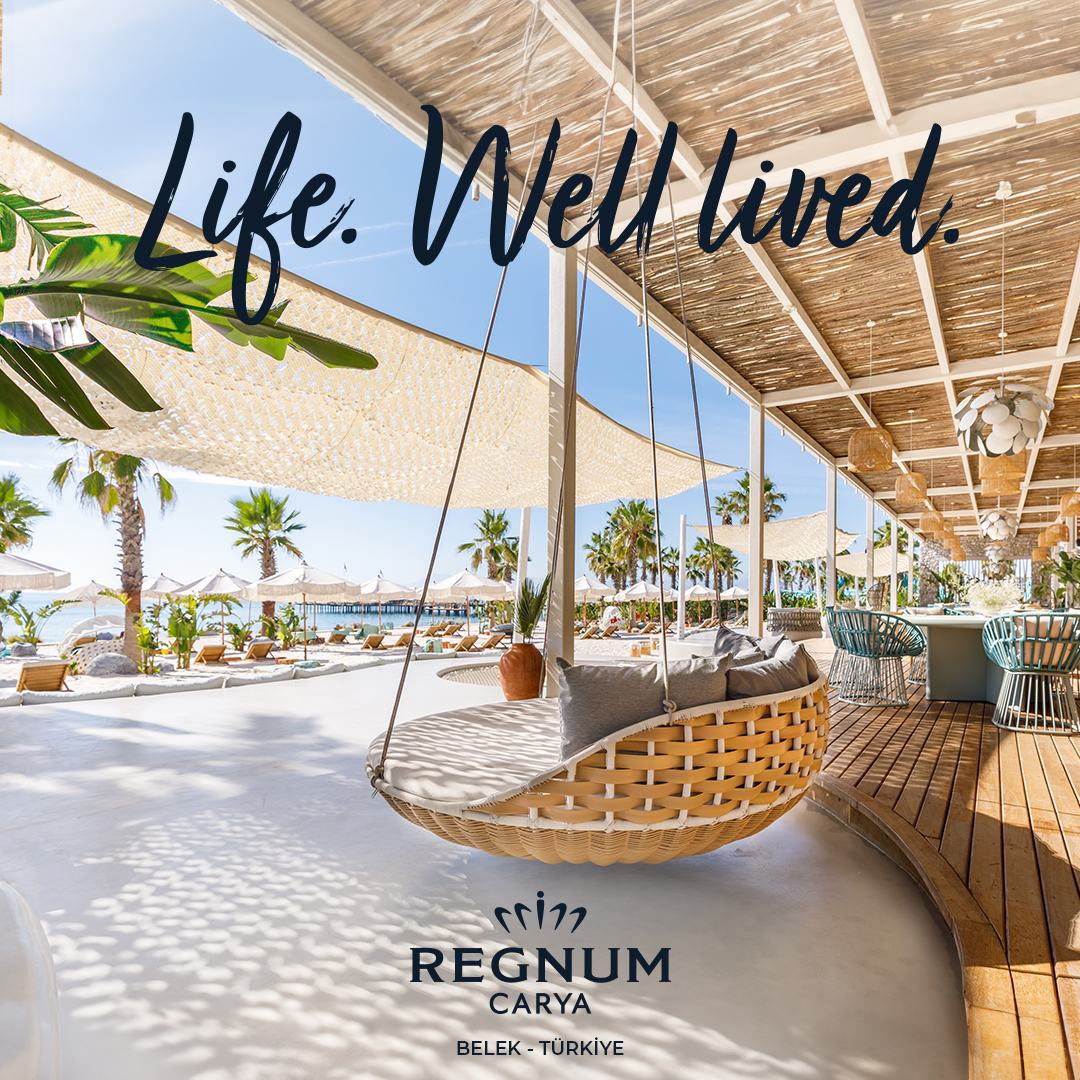Europe flips the script on responsible travel
- 11/5/2025
- 102 Day

The European Travel Commission launches
“Unlock an Unexpected Upgrade”, a global movement to inspire travellers to see
responsibility as a benefit, not a burden.
Europe, the world’s most visited continent, attracts
nearly 700 million travellers each year* — a testament to its rich culture,
diverse landscapes, and warm hospitality. This remarkable success presents not
only opportunities but also a shared responsibility to ensure tourism remains a
force for good, enriching local communities while protecting the environment
for generations to come.
Guided by this vision, the European Travel Commission
(ETC) — co-funded by the EU and supported by a coalition of leading
destinations and travel brands — has launched “Unlock an Unexpected Upgrade”
, a global movement that reimagines responsible travel not as a limitation
but as an enhancement.
Unveiled at the Skift Transatlantic Summit on 15
October in New York City, the initiative encourages travellers to experience
Europe through a richer, more rewarding lens: showing that responsible choices
can elevate their journeys while benefiting local communities and the
environment.
From obligation to aspiration
Grounded in behavioural science and nudge theory, the
initiative replaces “sustainable travel”, often seen as vague or guilt-driven,
with the more tangible idea of “responsible travel”. At its core lies a simple
but powerful message: “Travel responsibly. Unlock an unexpected upgrade.”
Instead of focusing on what travellers should avoid,
the campaign highlights what they gain: fewer crowds, deeper connections, more
authentic experiences, and better value.
Responsible travel as a reward
The movement encourages travellers to make small but
powerful shifts, such as exploring Europe outside the peak season, venturing
beyond well-known destinations, choosing low-carbon transport, and supporting
local businesses. Each choice is presented as an upgrade: an opportunity to
discover hidden gems, enjoy quieter moments, and forge genuine connections with
local culture.
“Unlock an Unexpected Upgrade” invites travellers to
rediscover Europe with curiosity, care, and connection. Its growing
collection of editorial stories captures this spirit — from kayaking the Baltic
Sea and walking Dubrovnik’s ancient walls off season, to celebrating Carnival
like a local in Germany.
A growing global travel movement
A campaign is currently active in North America to
promote the new movement. It also runs across Visit Europe’s website, social
media channels, and under the hashtag #UnexpectedUpgrade, alongside presentations
at leading international travel trade shows. In 2026, the campaign will expand
to China, Japan, Brazil and Australia, broadening its global reach and
inspiring travellers worldwide to experience Europe more responsibly — and more
rewardingly.
Adoption has been Europe-wide, with all 36 member
destinations of the European Travel Commission endorsing the initiative. The EU
and seven National Tourism Organisations co-funded the North America rollout,
reflecting strong alignment across Europe’s tourism community.
Momentum is also growing among industry partners.
Several global travel brands are already amplifying campaign content through
their own channels, with more expected to join soon, strengthening the
collective effort to make responsible travel the new standard for exploring
Europe.
Rooted in research, designed for real-life
change
The campaign’s long-term approach is grounded in a
global research programme that began in 2024 across six key long-haul markets
for Europe: Australia, Brazil, Canada, China, Japan and the USA. By analysing
behavioural data, online travel discussions and media coverage, ETC has
established a Global Responsible Travel Index to track shifts in traveller
attitudes year on year and measure real-world impact over time.
Since its soft launch, the campaign has surpassed
expectations: impressions exceeded targets by 15%, generating over 550,000
flight and hotel searches, nearly 20,000 bookings, and 26,000 overnight stays.
It also inspired over 50,000 rail and bus searches, advancing Europe’s
commitment to lower-carbon mobility.








